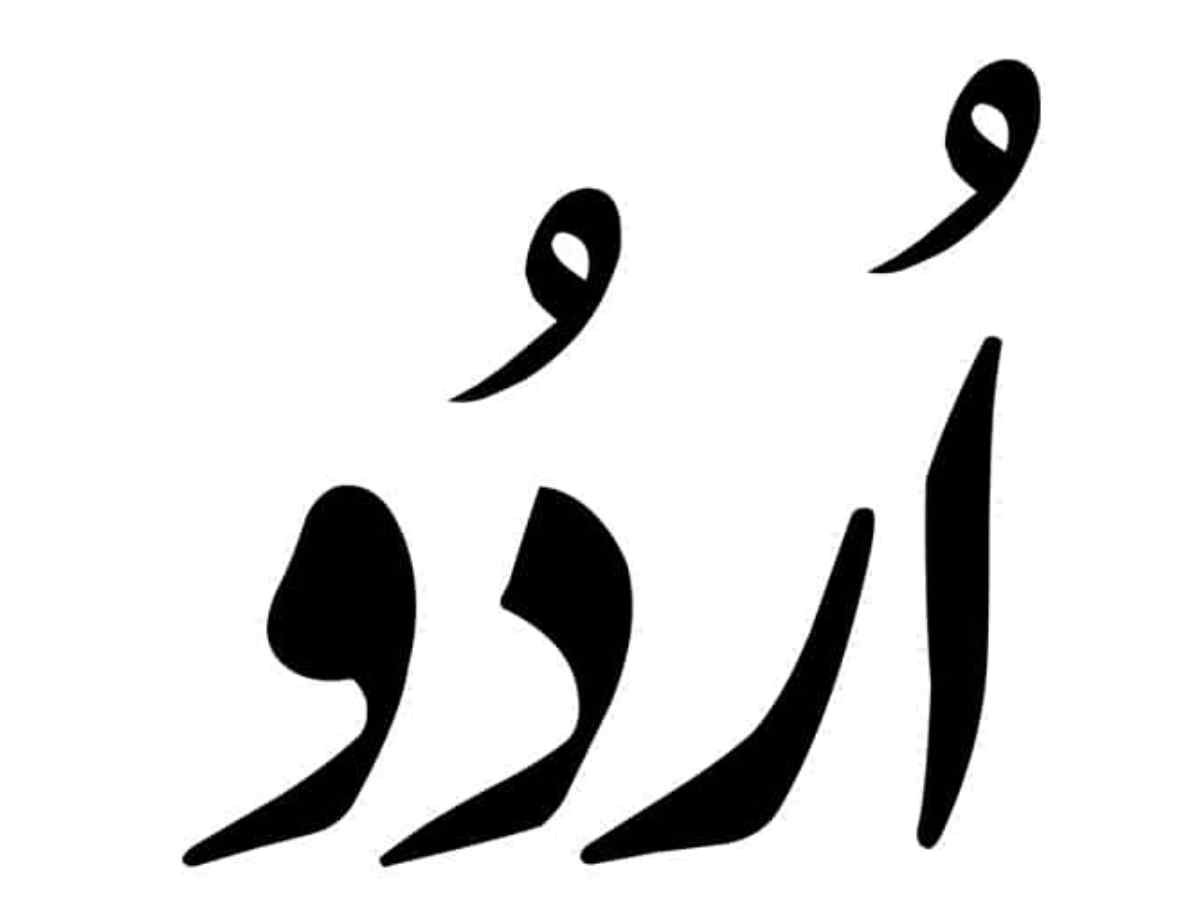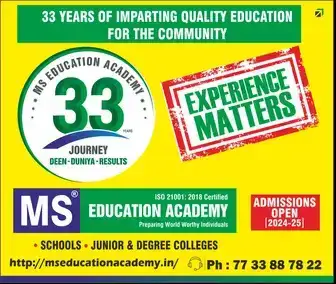
Hyderabad: Government Primary School Ghousnagar I &II, located in Bandlaguda Mandal of Chandrayangutta Assembly constituency, is a stark example of the government’s step-motherly treatment towards Urdu medium schools. Despite having approximately 300 students studying up to the eighth grade, the school lacks basic amenities such as chairs, tables, and benches. Students are compelled to sit on the floor and study, with only floor mats providing some comfort.
The condition of the school building itself is relatively good, but the overall maintenance and management are severely lacking. Broken walls and doors highlight the negligence of the government and the education department towards the school. Students reveal that this situation has persisted for seven to eight years, reflecting the prolonged discrimination and favoritism against Urdu education.
It is worth noting that the Telangana government, under the leadership of KCR, has granted Urdu the status of the second official language. However, the ground reality paints a different picture, with Urdu medium schools being severely neglected. Activists from the city said that Urdu teachers have not been appointed for the past ten years, despite the presence of 50 Urdu medium high schools and around 100 primary schools in Hyderabad.
The situation has reportedly worsened over the years, indicating a failure to implement government policies. Urdu schools suffer from an alarming teacher-to-student ratio of 50:1, while the government’s own guidelines stipulate one teacher per class. This discrepancy leaves Urdu medium schools lagging behind their English and Telugu counterparts in terms of teacher availability and basic facilities.
Unfortunately, there seems to be a lack of public outcry against this distressing treatment by the government. Urdu medium schools continue to face significant challenges without adequate support. It is crucial for concerned citizens and education advocates to raise their voices and demand better conditions for Urdu education in the state.

